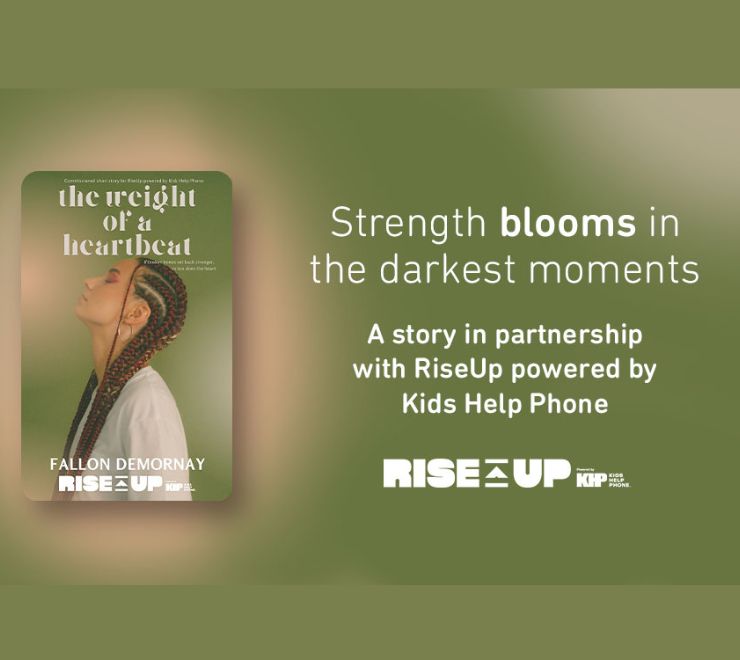Consent means agreeing to something using your own free will. It’s your choice to sext and to decide how far it goes. If you consent to sexting with someone, it doesn’t mean you automatically consent to them sharing your sext with anyone else or to any other sexual act.
Even if you have someone’s consent to post or forward a sexual photo/video of another person, it’s important not to share it.
What is the age of consent?
In Canada, the age of consent to sexual activity is 16. The “close in age” rule means that:
- 12- and 13-year-olds can be sexual with people who are no more than two years older than them
- 14- and 15-year-olds can be sexual with people who are no more than five years older than them
It’s not consent if:
- someone threatens, coerces or blackmails you into agreeing to something
- you’re unable to say “no,” – for instance, if you’re under the influence of drugs and alcohol
It’s important to tell a safe adult if:
- someone much older than you, or a person in a position of authority (a teacher, camp counsellor, etc.), sends you a sexual message, even if you’ve sent them one as well
- someone sends you a photo/video depicting sexual or physical abuse or assault
Sexting should always be your choice. Just because you send one sext, doesn’t mean you have to do it again. And if you send someone a sext, it doesn’t give that person permission to share it with other people.
















